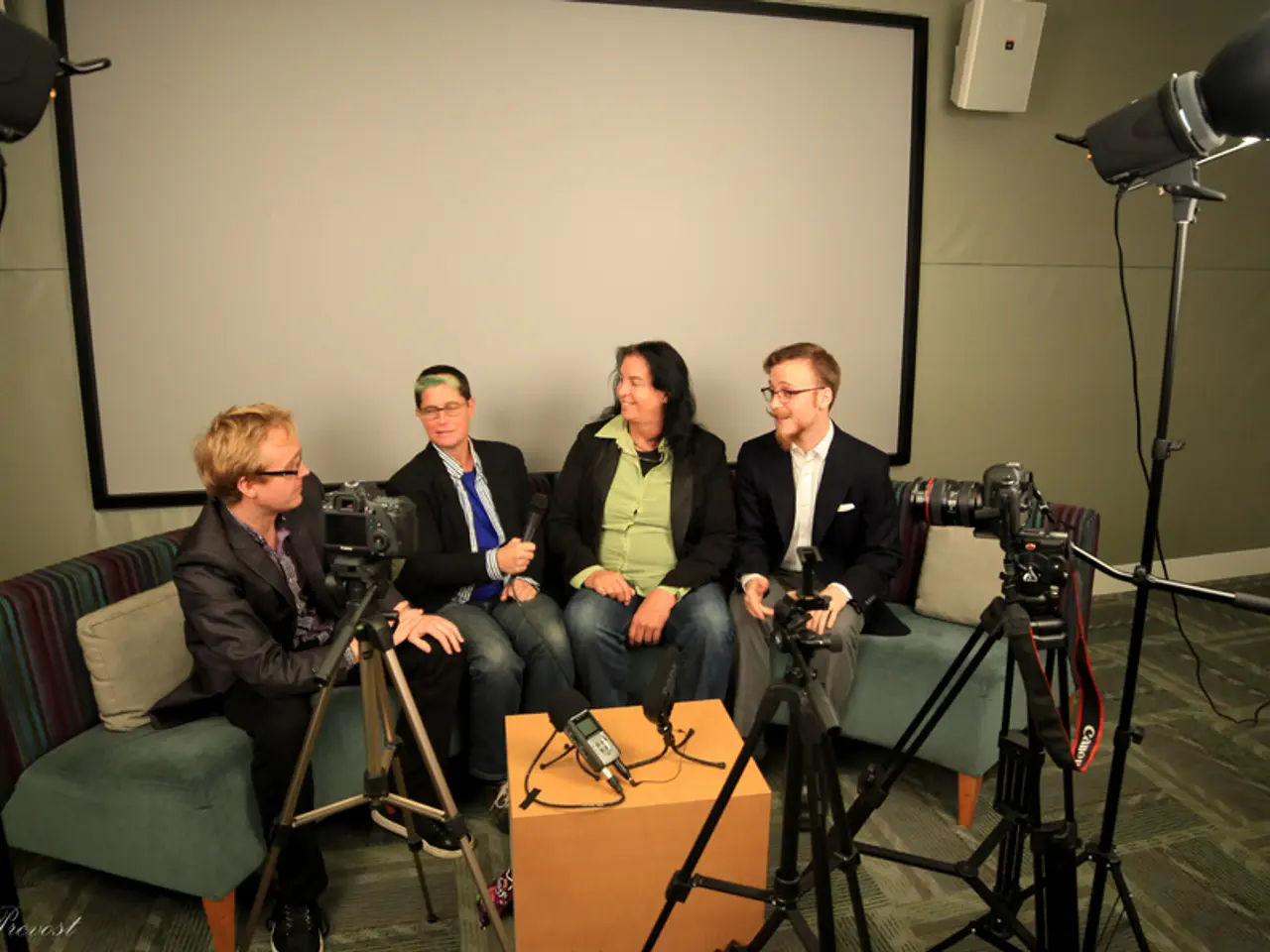Seemingly falter in the early hours, claim victory in the afternoon?
## Impact of Time of Day on Performance in University Exams and Potential Extension to Job Interviews
### University Exams
Recent research published in the journal "Frontiers in Psychology" has revealed that the timing of university exams significantly impacts student performance, particularly oral exams. Key findings include:
- **Peak Performance at Midday**: Students are more likely to pass oral exams scheduled between 11 AM and 1 PM, with a clear peak in passing rates around noon. This pattern follows a bell curve, with lower pass rates observed earlier in the morning and later in the afternoon[1][2].
- **Cognitive Performance and Energy Levels**: The improvement in cognitive performance over the morning and its decline in the afternoon may contribute to these findings. Students' energy levels tend to rise in the morning, only to decrease later in the day, affecting their focus and performance[1][3].
- **Decision Fatigue and Chronotypes**: Professors may experience decision fatigue, leading to harsher evaluations later in the day. Additionally, the mismatch between students' and professors' chronotypes (night owls vs. morning larks) can influence assessment outcomes[3].
### Potential Extension to Job Interviews
The study suggests that similar patterns might apply to job interviews and other evaluative processes. The idea is that biological rhythms can subtly influence outcomes in high-stakes evaluations, just as they do in academic assessments. However, more research is needed to confirm these hypotheses for job interviews specifically[2][4].
## Recommendations
To counteract these time-of-day effects, strategies such as ensuring quality sleep, avoiding personal low periods for important tasks, and taking mental breaks before evaluations are recommended[1]. Institutions might consider adjusting their schedules to cluster key assessments during the late morning to improve outcomes[2].
The study, led by Carmelo Mario Vicario from the University of Messina, analysed over 100,000 oral exams and considered more than 1,200 courses at all levels from October 2018 to February 2020. However, it did not include data from the COVID-19 period. Co-author Alessio Avenanti from the University of Bologna states that the results show how strongly biological factors can influence crucial assessments[5].
A 2011 Israeli study found that parole requests were more likely to be approved at the start of the day or after breaks, suggesting "decision fatigue" sets in over time[6]. Similar patterns could potentially apply to job interviews or other assessment processes, according to Carmelo Mario Vicario.
- This research in 'Frontiers in Psychology' showcases the impact of time of day on not only university exams but also potential job interviews, suggesting that 'science' in the field of psychology shows that biological rhythms can influence outcomes in high-stakes evaluations.
- Incorporating 'education-and-self-development' strategies such as ensuring quality sleep, avoiding personal low periods for important tasks, and taking mental breaks before evaluations would not only help in academic assessments but also in 'health-and-wellness' activities like job interviews.




